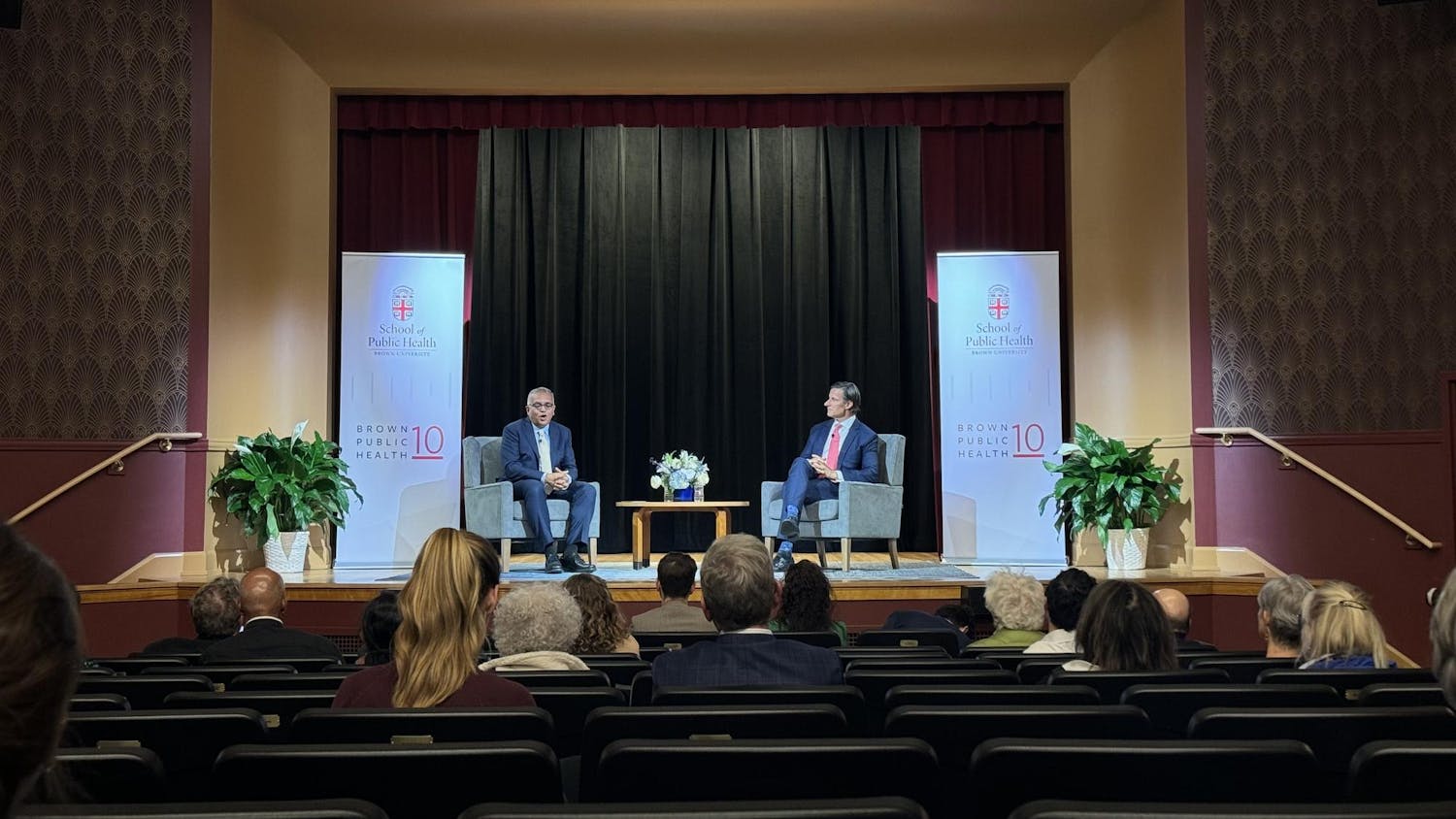At the annual Summer Research Symposium in August, hundreds of students presented their work on topics from archeology to biomedical engineering, and roughly 85 percent of the presenters received Undergraduate Teaching and Research Awards grants for their work. This year, the University introduced the Supplementary UTRA program to support student research projects, allowing faculty sponsors to buy equipment, send students to conferences and meet other needs that are outside of the traditional grant.
UTRAs are typically awarded to students working closely with faculty members on research projects or teaching collaborations. The Undergraduate Teaching and Research Awards have existed for more than 30 years, but the program has continued to evolve as funding has expanded and projects have diversified.
The program has grown tenfold since its inception, said Oludurotimi Adetunji, associate dean of the college for undergraduate research and inclusive science. The award acts as a stipend for the student conducting the work, but funds for project-related expenses have historically been provided from alternative sources, Adetunji added.
The new S-UTRA aims to alleviate the financial pressure faced by faculty members who support undergraduate student work by providing $500 to fund costs associated with the student project. The grant was initiated in response to faculty feedback on the UTRA program, as many faculty members thought the money would lessen financial pressure from their work, Adetunji said. The supplementary grant was left open-ended so the money could be used toward a variety of purposes, he added.
The new program differs slightly from the larger, general UTRA grant in that faculty members rather than students apply for the S-UTRA. Student sponsors submitted budget requests attached to the project and were granted funds accordingly.
The S-UTRA was granted across several disciplines in its inaugural year, including history and chemistry. One of the first recipients of the award was Kareen Coulombe, assistant professor of engineering, molecular pharmacology, physiology and biotechnology. Coulombe worked with Jasmine Gabor ’21, who spent the summer investigating the effects of BPA, an environmental toxicant, on female heart cells, Coulombe said. The chemical mimics estrogen and thus provided a unique insight into women’s heart health. Gabor compared both male and female cells, using the male heart cells as controls because they do not have as many estrogen receptors, Gabor said. The S-UTRA allowed the group to purchase an important antibody for their work without placing additional financial pressure on Coulombe.
Though Gabor’s work benefitted from the additional grant, she wasn’t aware that her project had received the money until mid-summer, she said. Ultimately, Coulombe was the main beneficiary as she no longer had to rely on outside funding, Gabor said. But $500 does not cover the entirety of the costs associated with supporting an undergraduate researcher, Coulombe said. She typically uses funds from within the department that can be used to cover extraneous costs to fund projects outside the realm of her grants, she added.
So far, Adetunji has heard “stellar” feedback from faculty members who received the supplementary award. He said that the S-UTRA is a “program that everyone is proud of” and allows students to take their research further.
The S-UTRA is only the latest example of how the UTRA program has adapted to meet research demand from undergraduates and faculty. In the 2014-15 academic year, the University introduced the Interdisciplinary Team UTRA, which brings together groups of faculty members and students from different areas for a research project. This grant has flourished and was also motivated by faculty demand, Adetunji said.





